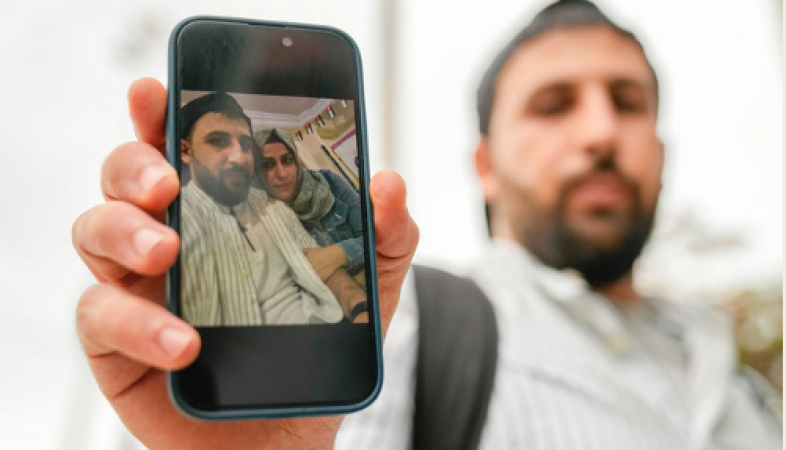
Athens: Relatives are still desperately looking for their loved ones among the missing and the dead nearly two months after a run-down fishing trawler packed with passengers travelling from Libya to Italy sank in the central Mediterranean, killing hundreds.
One of the deadliest migrant shipwrecks in the Mediterranean, the boat carrying 500–750 people, mostly from Pakistan, Syria, and Egypt, capsized and sank in the early hours of June 14. There are still many unanswered questions regarding the Greek authorities' response as well as how and why this happened.
Only 104 people, all men and boys, were recovered alive from the water. Only one woman's body out of the eighty-two that were found was found. The remainder, which included women and children, sank in one of the Mediterranean's deepest areas. Any recovery of the vessel or its victims is all but impossible because the area has depths of about 4,000 metres (13,000 feet).
Also Read: Philippines believes there is room for increased trade with Saudi Arabia
The process of identifying the deceased and pinpointing exactly who was aboard is laborious, painstaking, and agonising.
According to police Lt. Col. Pantelis Themelis, leader of Greece's Disaster Victim Identification Team, by Aug. 7, about 40 of the recovered bodies had been identified through a meticulous process combining DNA analysis, dental records, fingerprints, and interviews with survivors and relatives.
Lack of information about those on the boat and the fact that many came from nations where relatives are finding it difficult to provide DNA samples due to war and civil unrest complicate the task.
Some people continue to hold out hope that their loved one is somehow still alive despite the fact that there is no body to bury.
Mohamad Diab, whose son Abdulrahman, 21, has been missing since the trawler sank, said, "In my heart I feel that my son is alive, by God's grace, and I don't believe even 1 percent that my son is dead." I don't even consider this.
Also Read: Russia's Remarkable Return: First Moon Mission in Nearly 50 Years Takes Off
Diab has almost run out of options in his nearly two-month search for his son. He sent family members to Greece, gave a DNA sample to the International Commission on Missing Persons, and spends hours on the phone making calls and viewing social media videos of survivors.
The house painter from a poor Palestinian refugee camp outside of Beirut, Lebanon, clings to a single, flimsy finding: a brief scene in a video of the immediate aftermath of the sinking, when a man resembling his son is carried into a hospital in the southern Greek city of Kalamata.
Diab asserts that his son may be in a coma, imprisoned, or unable to contact his family because of his imprisonment, despite the fact that inquiries to the hospital and to Greek authorities came up empty.
The nine survivors who were detained as potential smugglers are all Egyptians, and all injured survivors have long since been discharged from hospitals. The name Abdulrahman Diab is not one of them.
It is intolerable to consider losing his oldest son. Diab is therefore clinging to the faint hope that Abdulrahman is still alive and breathing somewhere, someway.
He declared, "My faith in God is strong.
The Disaster Victim Identification Team members in Athens are still slowly piecing together the identities of the bodies.
Also Read: Tens of Thousands of Afghans Await US Visas Two Years After Kabul's Fall
According to Themelis, the team is still waiting on DNA test results from potential relatives who may reside abroad. A phone hotline set up after the disaster will also continue to be in use for at least another two months, despite the fact that calls are currently infrequent.
A large-scale international tragedy "requires a good investigative procedure that is time-consuming, with persistence and patience, to be able to collect information on missing people," according to Themelis. "This is important. Who exactly were the possible passengers on the ship?